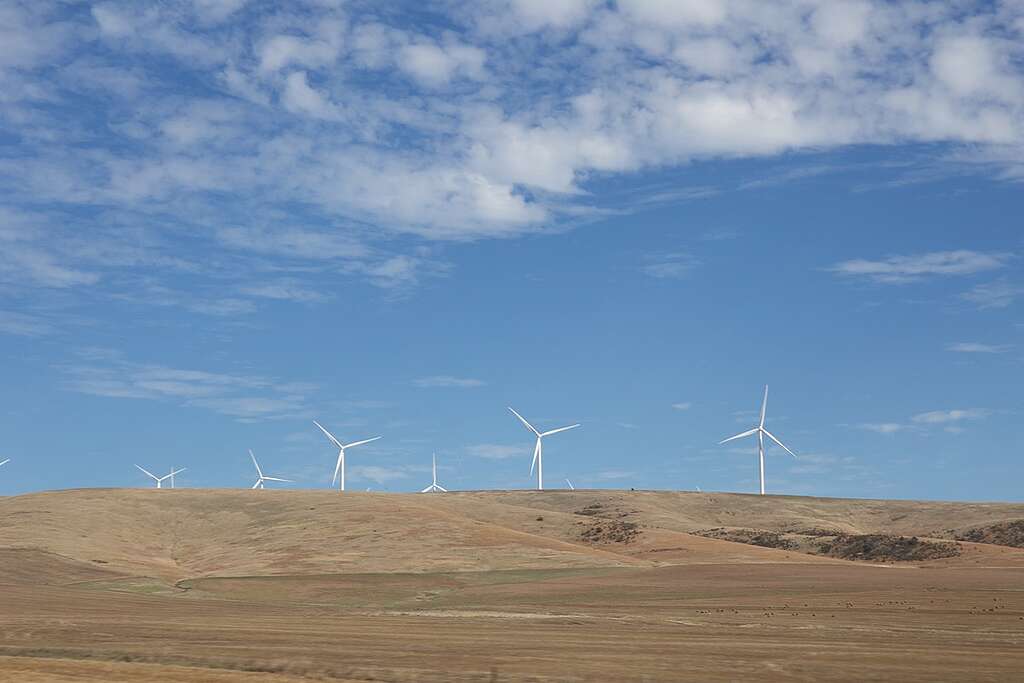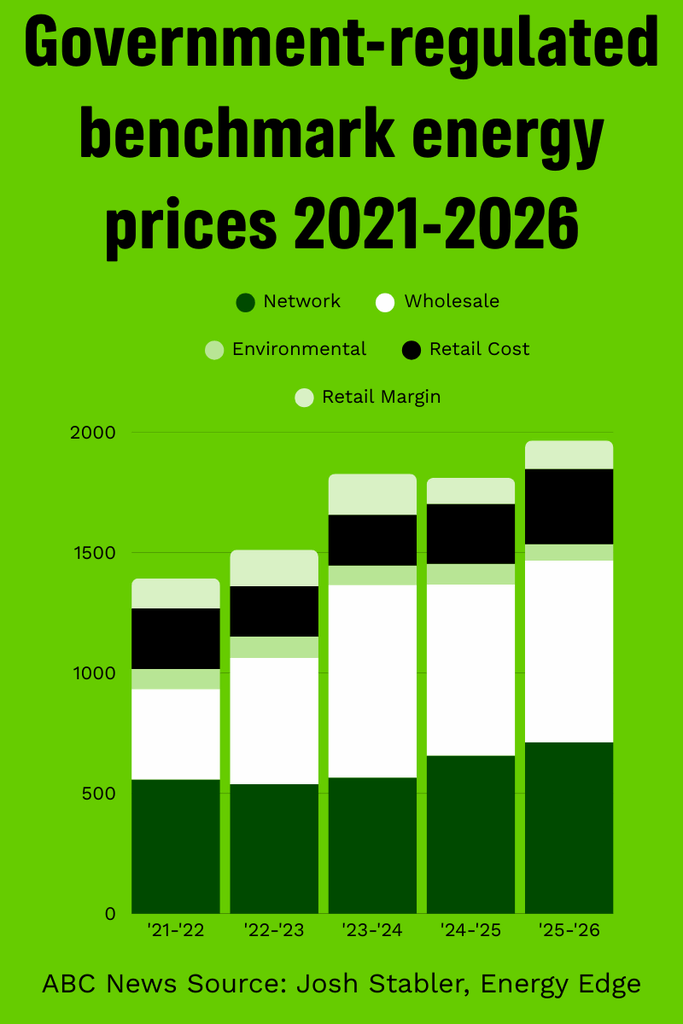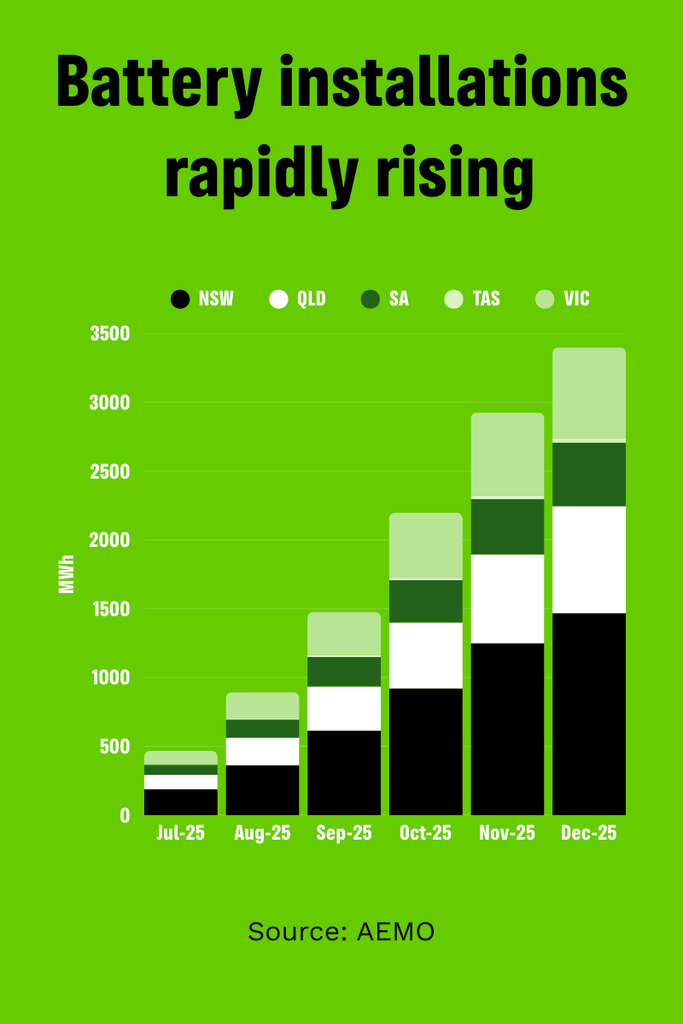Carbon Brief is seeking an experienced candidate for a brand new editorial role. You will help us explain and analyse the latest developments in climate science.
- Are you a journalist or editor with deep expertise in climate science?
- Do you want to contribute to accurate and timely coverage of climate change?
- Do you have experience managing teams and editorial workflow?
Job description
As Section Editor, you will help steer our coverage of climate science, providing clarity and the all-important context behind the headlines. You will oversee a diverse array of content, ranging from in-depth reporting on the latest peer-reviewed research to fact-checking misleading claims in the media.
Reporting to the Senior Science Editor and overseeing Carbon Brief’s science team, you will be responsible for the day-to-day editing and production of all science content to ensure our coverage is accurate, timely and engaging for our audiences. There will also be space in this role to write articles, newsletters and undertake your own analysis.
You will be comfortable conveying the point of a story while unpacking the details of scientific research in a clear and engaging way. With a strong grounding in journalism, you will be meticulous about accuracy and fact-checking. You will be a collaborative and supportive leader who takes pride in operating a smooth and efficient workflow.
Responsibilities
- Oversee the efficient and timely production of all Carbon Brief’s science content, including interaction across the writing, multimedia and digital marketing teams.
- Co-commission articles, alongside the Senior Editors.
- Set timelines, track progress and oversee the workflow for concurrent articles, newsletters and longer-term projects within Carbon Brief’s editorial planner.
- Edit all science content, including fact-checking and sourcing appropriate imagery.
- Scope for emerging themes, topics, people, research and opportunities, plus contribute to Carbon Brief’s editorial strategy.
- Write articles and undertake your own analysis, as opportunities arise.
- Contribute to Carbon Brief’s Daily Briefing newsletter.
- Represent Carbon Brief at external conferences, events and meetings, as well as actively build our network of contacts.
- Coordinate and manage the capacity of a team of journalists.
- You may be asked to perform other duties, as required by the Senior Science Editor or Director.
Qualifications
Essential
- A deep knowledge of climate science, demonstrated by several years’ experience analysing and writing about these issues.
- Excellent English-language editing skills.
- A commitment to journalistic best-practice and a nuanced understanding of the global media landscape, especially in the UK and US.
- Strong organisational and planning skills with a proven ability to manage editorial workflow smoothly and efficiently, from conceptualising ideas to overseeing deadlines.
- Meticulous attention to detail and a commitment to accuracy.
- An effective and inclusive leader.
Desirable
- A wider interest in the role of climate change communication.
- Experience of line-managing.
- An appreciation for Carbon Brief’s brand, style and tone.
- Fluency in languages other than English.
Location: Carbon Brief’s office is in central London. We operate a hybrid working arrangement. You may be expected to undertake some travel as part of your work.
Hours/Duration: This is a full-time permanent position.
Salary: £47,000 a year, dependent on experience. Generous benefits, including pension and group protection insurance.
This position is for candidates with a permanent right to work in the UK. We will consider alternative arrangements for particularly strong candidates from outside the UK, but Carbon Brief cannot offer visa sponsorship.
How to apply
To apply, please send:
- Your CV.
- A covering letter explaining why you would be a good fit for the role and the organisation.
- Your ideas for building Carbon Brief’s science coverage (no more than 500 words).
Please state “Science section editor application – Carbon Brief” in the email subject header.
Applications must be submitted by 8AM BST on Monday 2 September. Interviews will be held on Thursday 5 September and Friday 6 September via Zoom.
Carbon Brief is committed to encouraging equality, diversity and inclusion among our workforce. Our aim is to be truly representative of all sections of society and for each employee to feel respected and able to give their best. We strongly encourage applications from those who feel underrepresented in climate journalism, including ethnic and social minorities.
About Carbon Brief
Carbon Brief specialises in clear, evidence-based articles and data visualisations to help improve the understanding of climate change, both in terms of the science and the policy response. We publish a wide range of content, including Q&As, in-depth reporting, analysis, interviews, newsletters, interactives and maps. Our audience is global and diverse, but our content particularly serves policymakers, journalists, NGOs and academics. We are proud of the reach and engagement we have with our audiences, who value our rigorous and authoritative brand of ‘explainer journalism’.
The post Vacancy: Section Editor (Science) appeared first on Carbon Brief.
Climate Change
North Carolina Regulators Nix $1.2 Billion Federal Proposal to Dredge Wilmington Harbor
U.S. Army Corps of Engineers failed to explain how it would mitigate environmental harms, including PFAS contamination.
The U.S. Army Corps of Engineers can’t dredge 28 miles of the Wilmington Harbor as planned, after North Carolina environmental regulators determined the billion-dollar proposal would be inconsistent with the state’s coastal management policies.
North Carolina Regulators Nix $1.2 Billion Federal Proposal to Dredge Wilmington Harbor
Climate Change
Australia’s renewable energy opportunity
Australia has some of the largest areas of high volume, consistent solar and wind energy anywhere in the world. It is a natural advantage that many countries in our region and across Europe will envy as they ramp up their efforts to reduce carbon pollution.
Australia has an amazing opportunity to utilise this abundance of reliable energy not only to transform our own energy systems but also that of our neighbours – if we get the policy settings right.
We are, in fact, already seeing the benefits of renewable energy flowing into our electricity grids. With all the inflation pressures on our bank accounts it looks like electricity pricing may be one cost that could be turning a corner – largely thanks to cheap solar and wind energy.
Renewables are Bringing Down the Cost of Producing Electricity

Here at Greenpeace, while we think there are some important questions to ask about renewable energy, it is clear that solar and wind are certainly the cheapest energy options available.
In contrast, coal, oil and gas are not only big on pollution, they are also proving costlier as they struggle to cope with the changing nature of our electricity systems. Plus, fossil fuels are much more exposed to international price fluctuations – as we all experienced when our electricity bills rapidly rose following the Russian invasion of Ukraine.
Wouldn’t it be great if we instead had energy independence, sourced from an infinite supply of clean energy?
Solar and wind (backed by batteries) can do just that and the reality is that they are already out-competing the old guard of gas and coal simply because they are quicker and cheaper to deploy. Which is good news for electricity prices!
Although whether energy retailers are passing on those savings to customers is another question. Short answer: no, they’re not – but it is a bit complex.
Why are my electricity bills still high?
There are a number of elements that make up the final amount we see on our bills. The graph below shows the breakdown of energy costs covered by our bills.
You will see roughly a third (36.2% in 2025-26) of the cost goes to maintenance and build out of the electricity grid. This includes the transmission lines needed to connect to new renewable energy sites and to connect states so they can better share their energy resources. The ‘network’ costs have been increasing but so have other components of our bill, most notably the ‘wholesale’ cost of producing electricity.

Thankfully, the cost of producing the electricity is now starting to go down (thanks to renewables and batteries), but they are coming off record highs thanks to the exorbitant cost of gas and the unreliability of coal power stations that are old and no longer fit for purpose.
During high demand times (eg, when we all get home from work on a hot day and turn on the air conditioning) spot prices can quickly jump. Add to that a couple of coal power plants breaking down (as they increasingly do), and expensive gas fired power use spikes in the system. This can quickly cancel out any of the cost savings solar power may have created during the day when prices can actually go negative.
The good news is that this is exactly the problem batteries can solve. Batteries are great at soaking up the surplus supply of solar during the middle of the day, which creates a more efficient system, and then rapidly pumping out that power during the evening peak at a cheaper rate than gas.
How much have costs come down?
According to the Australian energy regulator (AEMO), wholesale electricity prices across the east coast have dropped by 44% when comparing prices in quarter 4 of 2025 to the same period in 2024.

AEMO directly attributes the change to the significant growth in wind (up 29%), solar (up 15%), and batteries (3,796 MW of new battery capacity added). This influx of cheap renewable energy has seen a corresponding decrease in the use of polluting fossil fuels to power the grid. Coal fired power dropped by 4.6% and gas fired power fell by a staggering 27%.
The same trend can be seen in the world’s largest standalone grid in WA where renewable energy and storage supplied a record 52.4% of the grid’s energy across the final 3 months of 2025. That is an impressive result given there is no interstate connection to borrow energy from and there is no hydroelectric power in the system.
As a result, WA has seen a 13% drop in wholesale electricity prices thanks to a 5.8% reduction in coal fired power and a 16.4% reduction in gas fired power.
Australian Households Lead the Way on Solar and Batteries
Despite all the attempts to discredit clean energy by Trump and other conservative politicians, Aussie households have long known the value of renewable energy. In fact, Australia now holds the title for the highest rate of solar energy per capita in the world.
This is now being followed by the rapid takeup of household batteries with the Clean Energy Regulator being overwhelmed with interest in the Cheaper Home Batteries Program. They now expect to receive “around 175,000 valid battery applications corresponding to a total usable capacity of 3.9 GWh by the end of 2025.”’

All these extra batteries storing the surplus solar energy across our neighbourhoods during the day is not only creating drastic bill reductions for those households who are installing them, it is helping the whole grid. Which eventually will help everyone’s electricity bills.
If Australia as a whole follows the lead of suburban families by switching to cheap solar (plus wind) backed-up by batteries, it has an unparalleled opportunity to build its economy on the back of unlimited, local, clean energy harnessed from the sun and wind.
Powering our Future Economy
If there was ever something Australia has a natural advantage in, its sun and wind. But given the growing demand for electricity from data centres and the electrification of heavy industry, we are going to need more than just rooftop solar panels.
That’s where Australia has the potential, more than almost any other country, to become a renewable energy powerhouse and punch above our weight in the fight against climate change. See for example the unique opportunity to enter into the production and export of green iron.
While there is still quite a way to go before our electricity is fully sourced from solar and wind, we are well on the way. The clean energy charge is gathering pace – and our communities, oceans, wildlife and bank balances will be the better for it.
Climate Change
Whale Entanglements in Fishing Gear Surge Off U.S. West Coast During Marine Heatwaves
New research finds that rising ocean temperatures are shrinking cool-water feeding grounds, pushing humpbacks into gear-heavy waters near shore. Scientists say ocean forecasting tool could help fisheries reduce the risk.
Each spring, humpback whales start to feed off the coast of California and Oregon on dense schools of anchovies, sardines and krill—prey sustained by cool, nutrient-rich water that seasonal winds draw up from the deep ocean.
Whale Entanglements in Fishing Gear Surge Off U.S. West Coast During Marine Heatwaves
-
Greenhouse Gases7 months ago
Guest post: Why China is still building new coal – and when it might stop
-
Climate Change7 months ago
Guest post: Why China is still building new coal – and when it might stop
-

 Greenhouse Gases2 years ago
Greenhouse Gases2 years ago嘉宾来稿:满足中国增长的用电需求 光伏加储能“比新建煤电更实惠”
-
Climate Change2 years ago
Bill Discounting Climate Change in Florida’s Energy Policy Awaits DeSantis’ Approval
-
Climate Change2 years ago
Spanish-language misinformation on renewable energy spreads online, report shows
-

 Climate Change2 years ago
Climate Change2 years ago嘉宾来稿:满足中国增长的用电需求 光伏加储能“比新建煤电更实惠”
-
Climate Change Videos2 years ago
The toxic gas flares fuelling Nigeria’s climate change – BBC News
-

 Carbon Footprint2 years ago
Carbon Footprint2 years agoUS SEC’s Climate Disclosure Rules Spur Renewed Interest in Carbon Credits



